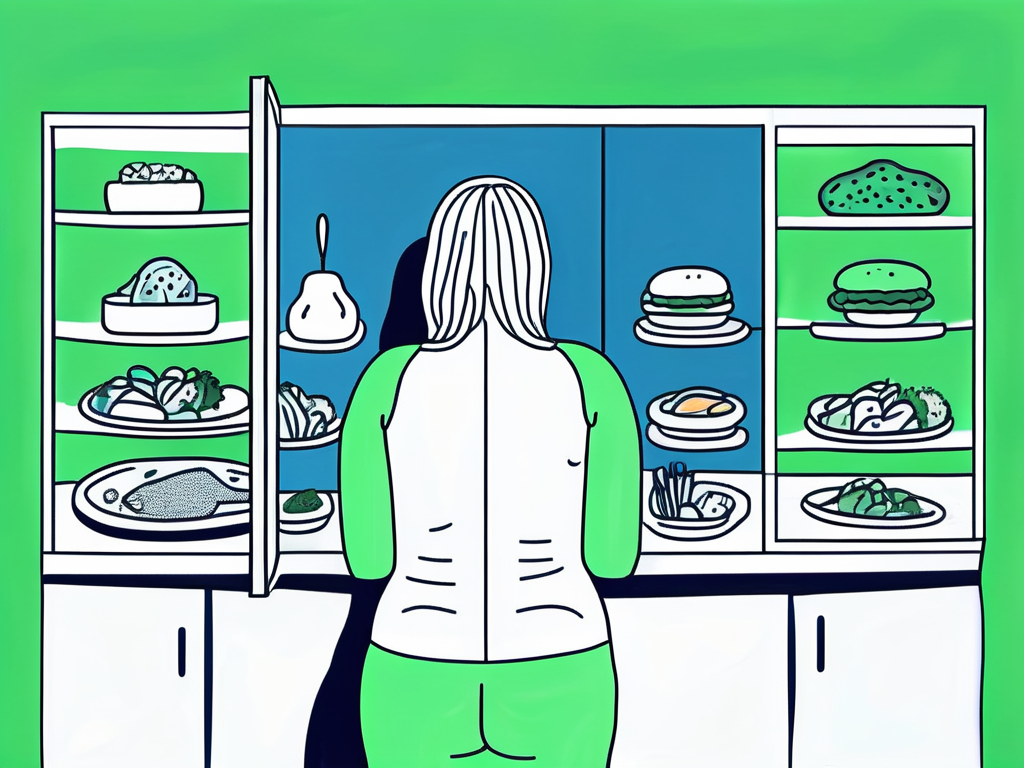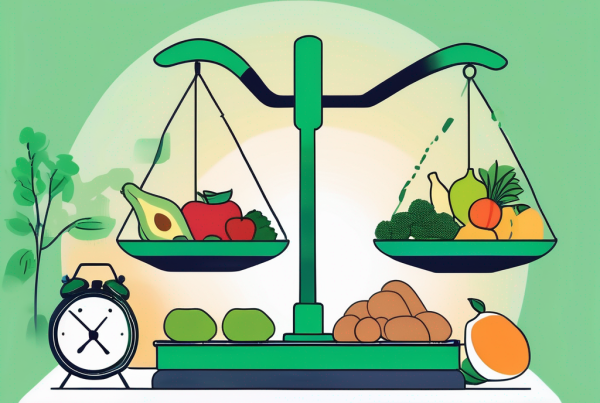Eating disorders are serious mental health conditions that can significantly impact a person’s physical and emotional health. As a friend, it can be difficult to recognize the signs and know when to step in. If you suspect someone close to you may be struggling with an eating disorder, understanding the treatment options and knowing how to approach them is crucial. Below is a simple list of treatment options to consider if a friend needs help with an eating disorder.
Quick Overview of Treatment Options for Eating Disorders:
- Individual Therapy: Focuses on understanding and changing behaviors and thought patterns related to food and body image.
- Family-Based Therapy (FBT): Involves family members in the treatment process, particularly effective for adolescents.
- Nutritional Counseling: Helps individuals develop a healthier relationship with food and establish balanced eating patterns.
- Group Therapy: Offers peer support and shared experiences in a safe environment.
- Medical Monitoring: Regular check-ups to monitor physical health and manage any complications.
- Inpatient or Outpatient Programs: Provides varying levels of care, depending on the severity of the disorder.
Understanding Eating Disorders
Eating disorders are complex mental health conditions that require professional treatment. They are not lifestyle choices or phases but serious illnesses that affect emotional and physical well-being. The most common types of eating disorders include anorexia nervosa, bulimia nervosa, and binge-eating disorder.
- Anorexia Nervosa: Characterized by self-imposed starvation and extreme weight loss. Individuals may see themselves as overweight even when they are dangerously underweight.
- Bulimia Nervosa: Involves cycles of binge eating followed by compensatory behaviors like vomiting, excessive exercise, or fasting.
- Binge-Eating Disorder: Characterized by recurrent episodes of eating large quantities of food without subsequent purging behaviors.
Recognizing the Signs of an Eating Disorder
Recognizing the signs of an eating disorder can be challenging, as symptoms can vary and may not always be visible. Here are some common physical and behavioral signs to look out for:

Physical Signs:
- Extreme weight loss or gain
- Fatigue or dizziness
- Thinning hair or dry skin
- Always feeling cold due to poor circulation
- Irregular menstrual cycles in women
Behavioral Signs:
- Preoccupation with dieting, food, or body size
- Cutting food into small pieces or eating alone
- Frequent trips to the bathroom after meals
- Excessive exercise or use of diet pills or laxatives
- Wearing baggy clothes to hide weight changes
How to Approach a Friend About Their Eating Disorder
Approaching a friend about a potential eating disorder can be delicate. Here are some tips on how to start the conversation:
- Educate Yourself: Learn about eating disorders to understand the complexities and misconceptions better.
- Choose the Right Time and Place: Find a private and calm setting where you can talk without interruptions.
- Use “I” Statements: Express your concerns using “I” statements, such as, “I’m worried about you because you seem to be skipping meals.”
- Be Supportive and Nonjudgmental. Avoid making comments about their weight or appearance and focus on their feelings.
- Encourage Professional Help: Suggest they speak to a health professional about their behaviors and feelings.
Supporting a Friend with an Eating Disorder
Supporting a friend through recovery can be emotionally challenging, but your role is invaluable. Here are some ways you can help:
- Encourage Professional Treatment: Suggest that your friend seek help from therapists, dietitians, or physicians specializing in eating disorders.
- Offer Emotional Support: Be there to listen, offer encouragement, and avoid discussing food, weight, or appearance.
- Promote a Positive Environment: Engage in activities that do not involve food or exercise to help reduce stress and anxiety.
- Take Care of Yourself: Supporting someone with an eating disorder can be draining, so make sure to prioritize your well-being as well.
Conclusion
Recognizing and supporting a friend with an eating disorder can be a difficult process, but your support can make a significant difference in their recovery journey. Remember that eating disorders are serious health conditions that require professional treatment, and early intervention is key to improving the chances of recovery.
If you’re ready to support your friend in seeking help, ViaMar Health is here to guide you. Our experienced team offers personalized treatment plans that address eating disorders and any co-occurring conditions. From residential to outpatient programs, we provide comprehensive care tailored to the unique needs of each individual. Speak with an Admission Specialist today to learn more about the recovery options available for your friend or loved one.




